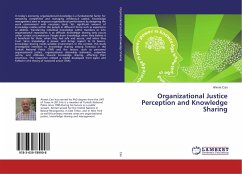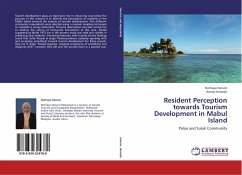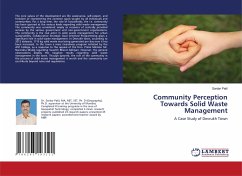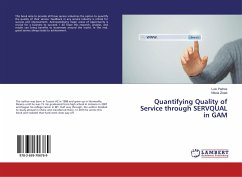In today's economy, organizational knowledge is a fundamental factor for remaining competitive and managing intellectual capital. Knowledge management aims to improve organizational performance by designing the work environment with necessary tools. Yet, significant amount of knowledge resides within the people in different forms such as experience or abilities. Transferring individual knowledge within members or into organizational repositories is so difficult. Knowledge sharing only occurs under certain circumstances: People share knowledge when they believe it is beneficial for them, when they feel safe and secure, and when they trust. Since knowledge is power, and brings respect to its bearer, knowledge sharing needs suitable environment. In this context, this study investigated intention to knowledge sharing among forensics in the Turkish National Police (TNP) and the factors -such as perceived organizational justice, organizational citizenship behaviors, subjective norms, and attitudes toward knowledge sharing- affecting their intentions. The researcher utilized a model developed from Ajzen and Fishbein's the theory of reasoned action (TRA).
Bitte wählen Sie Ihr Anliegen aus.
Rechnungen
Retourenschein anfordern
Bestellstatus
Storno








